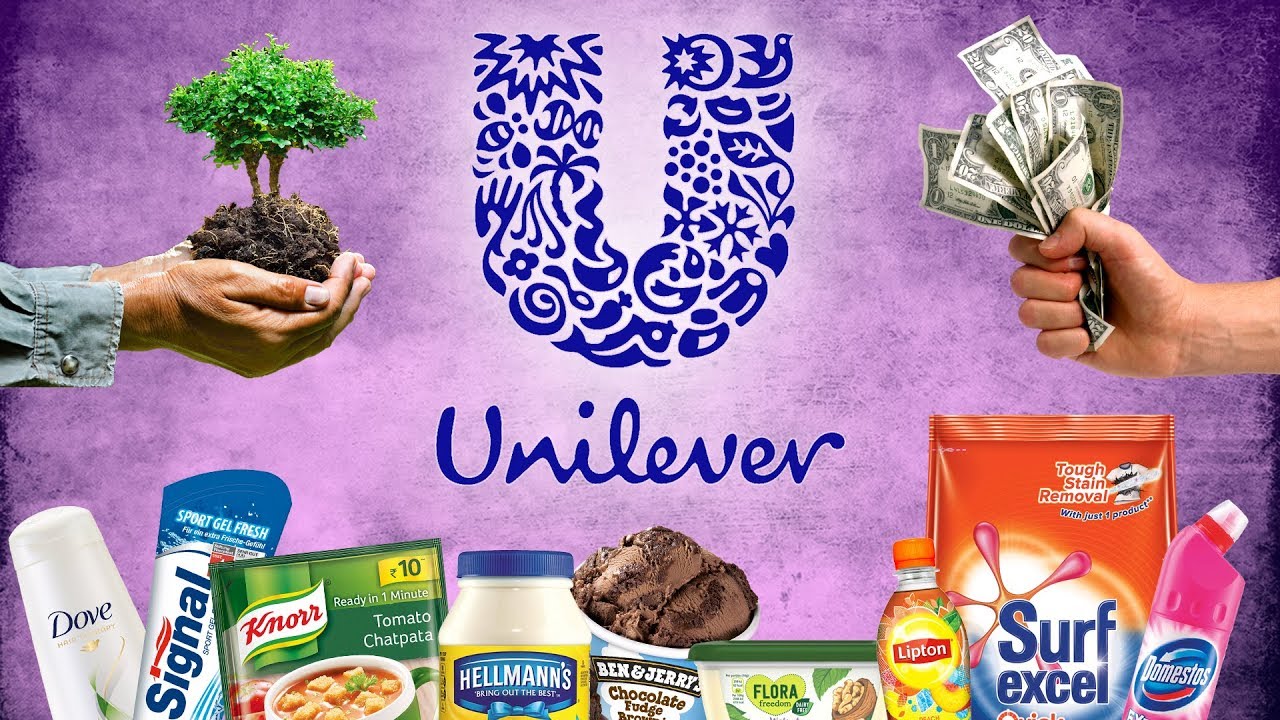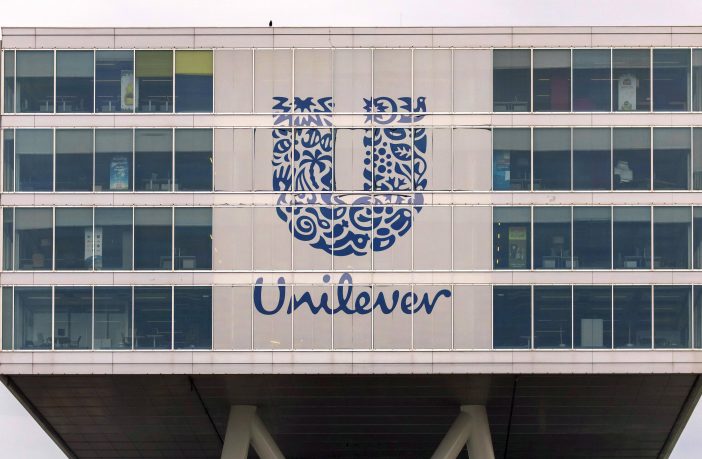Unilever plans to change its portfolio
Unilever, one of the largest producers of food and household chemicals, announced the sale of one of its Ekaterra divisions. It handles 34 tea brands, including Lipton, T2, and PG Tips. The amount of the deal with CVC Capital Partners was $5.1 billion.
Unilever sees the sale as a new round of development. The manufacturer follows a new strategy to meet the changing preferences of consumers as effectively as possible. Unilever wants to change its structure and reduce divisions. In 2021, the corporation wanted to sell the line of cosmetic products, the reason was the decline in demand for the products. Then Unilever offered $1 billion for the division, but the deal did not take place.
The beginning of this multinational company dates back to 1880, but the name Unilever appeared in 1930. Then the two businesses from the Netherlands and Great Britain – a margarine and soap companies merged. This decision was due to the fact that the producers used the same products – fats and oils.
Now Unilever is known throughout the world, the holding company occupies a leading position in both the food and non-food market. It supplies products to 88 countries around the world.

The company actively implements environmental initiatives and cares about the environment. In 2009, Unilever began to scrutinize the details of production in terms of safety. Therefore, the holding company began to check the suppliers of palm oil, which caused a number of disputes. The most acute was a conflict with PT SMART, which could not provide information about the production of the component. According to the law, the production of palm oil should not negatively affect the forests and peat bogs where these trees grow. However, after due diligence it turned out that PT SMART did not adhere to the rules, so Unilever terminated cooperation with the supplier.
Despite its environmental programs, the corporation’s activities are often criticized because its products are tested on animals, and this applies not only to non-food products. In 2011, after allegations from PETA, the manufacturer stopped testing Lipton brand tea on rabbits. The fed animals were used to test the therapeutic qualities of the drink.
Unilever produces a huge number of products for the mass market. These include shampoos, personal care products, cosmetics, and food. The holding structure includes 400 brands, including Knorr and Hellmann’s, Red Bull, Rexona, Dove, and others.




